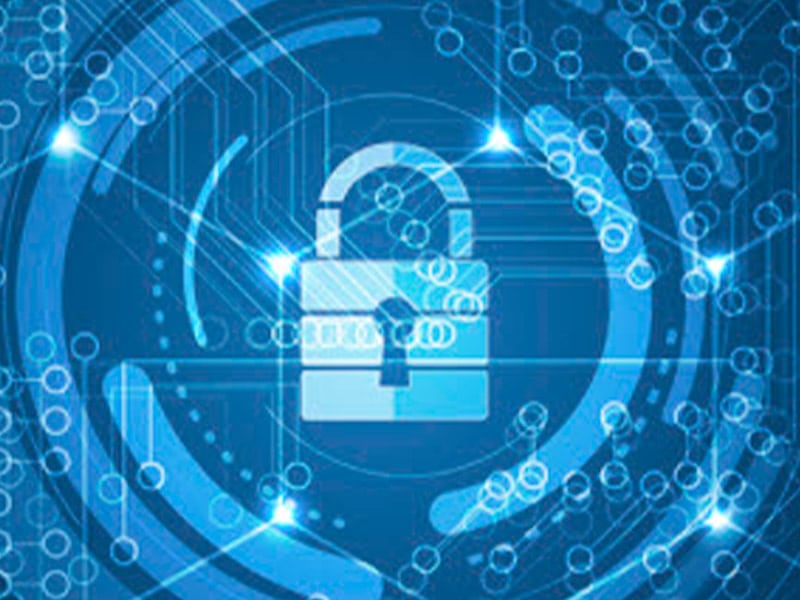October is Cybersecurity Awareness Month—previously known as National Cybersecurity Awareness Month. The Cybersecurity & Infrastructure Security Agency’s (“CISA”) campaign, STOP. THINK. CONNECT.™, has great resources to learn more about how to reduce cybersecurity threats and protect yourself online: https://www.cisa.gov/cybersecurity-awareness-month. Please copy and paste into your browser the links included in this article.
Prio would like to highlight 4 steps that the CISA recommends that you can do to keep yourself cyber safe:
- Turn on Multi-Factor Authentication
- Update Your Software
- Think Before You Click
- Use Strong Passwords
https://www.cisa.gov/4-things-you-can-do-keep-yourself-cyber-safe
Other relevant articles to learn more about protecting your personal identifiable information (“PII”) and incident response if your PII has been compromised:
- How to choose STRONG passwords. https://www.cisa.gov/tips/st04-002
- Learn about the different social engineering attacks and how to avoid them. https://www.cisa.gov/tips/st04-014
- Help! I have been hit with ransomware, now what? https://www.cisa.gov/stopransomware/ive-been-hit-ransomware
- What to do if your identity is stolen? https://www.cisa.gov/tips/st05-019
- What is a digital signature and why should I use one? https://www.cisa.gov/tips/st04-018
We encourage you to review this information with all members of your household, and ask you to do the following so that Prio can help protect your identity and accounts:
- If you change a current address, notify us so that we can update our records.
- If you suspect that your email account has been compromised, call us immediately.
- If you suspect that your account has been compromised, call us immediately.
Do not hesitate to contact us with questions or concerns about how Prio protects your accounts or the steps you and your family can take to better protect yourselves. As always, we appreciate the opportunity to help you achieve your PRIOrities.
This document is provided for educational purposes only and is not intended, nor should it be relied upon, to address every aspect of the subject discussed therein. The information provided in this document is intended to help clients protect from cyber fraud. However, this document does not provide a comprehensive listing of all types of cyber fraud activities and it does not identify all types of cybersecurity best practices.
